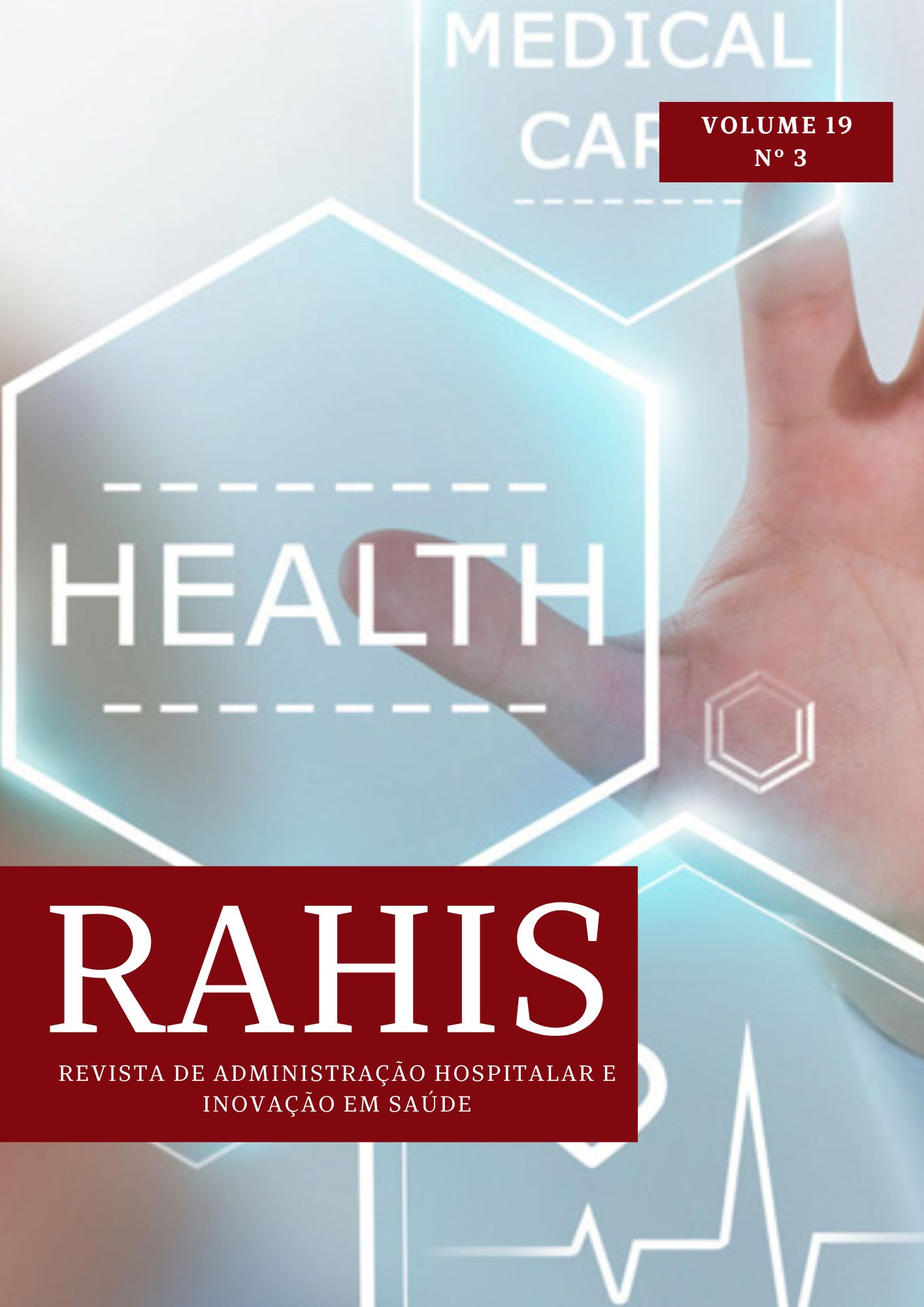Abstract
ABSTRACT
The aim of this research was to analyze the defensive strategies employed by intermediate managers of a teaching hospital of the federal public sector. Work psychodynamics was the resource used in it. It is a descriptive, mixed-method research characterized as a case study. Also, the instruments used were as follows: semi-structured questionnaire, Inventory on Work and Illness Risks (ITRA) and semi-structured interview with the participation of 23 professionals. The results were as follows: individual defensive strategies physical activity, family life, dimensioning the relevance of problems, individualism and voluntary servitude. In addition, collective strategies were as follows: conversation and team motivation; support and feedback. Work organization, professional social relations, working conditions, affective cost, cognitive cost, professional exhaustion and physical damage were factors that had moderate, criticale valuation. Physical cost, freedom of expression and professional achievement were factors that had positive, satisfactory evaluation. Social damage and psychological damage were factors that had positive, bearable evaluation. The pleasurable experiences were the freedom to negotiate with the boss as well as the pride in the work done. As for the suffering factors, they were emotional exhaustion, stress and work overload. Physical damage included altered sleep, headaches, backache and body pain. The conclusion was that it is necessary to think of ways to minimize suffering factors. These professionals are the link between management, different staff categories and users, and they develop strategies for the improvement of assistance, which directly imply on the quality of the services provided to users.
Keywords: Work. Intermediate management. Defensive strategies.

